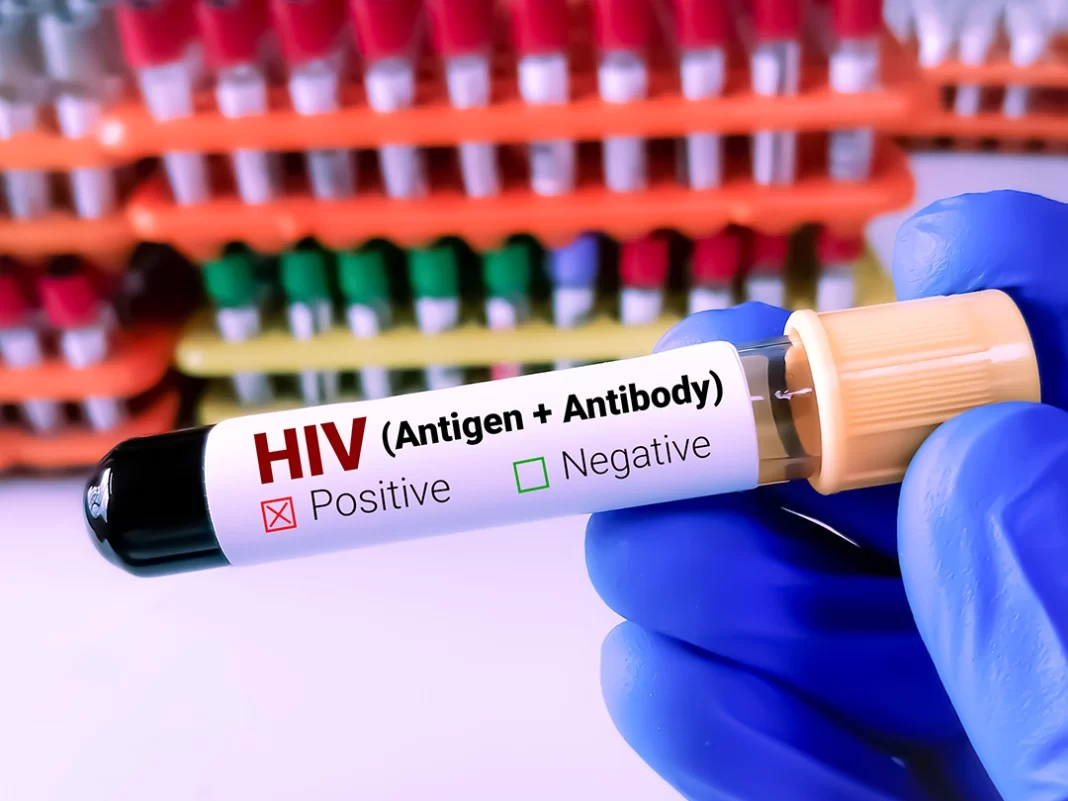Fiji’s Minister for Health and Medical Services, Dr. Ratu Atonio Rabici Lalabalavu, has declared an HIV outbreak following the alarming discovery of 1,093 new cases between January and September 2024, three times the number reported in 2023.
“This declaration highlights an alarming reality: HIV is spreading faster than our healthcare services can manage,” Dr. Lalabalavu stated. He urged communities, civil society, faith-based organizations, private partners, and international allies to join forces in raising awareness, reducing stigma, and ensuring access to care for those affected.
The outbreak declaration came after the Fiji Medical Association’s December plea to address the crisis. The situation is dire, with 19 children under the age of five diagnosed with HIV this year.
The United Nations Development Programme (UNDP) has stepped in, delivering 3,000 antiretroviral drugs to Fiji to support the national response. UNAIDS Regional Director for Asia and the Pacific, Eamonn Murphy, emphasized that rising cases in Fiji pose a risk to the entire Pacific. “Fiji now has the second-fastest growing HIV epidemic in the Asia-Pacific region,” Murphy said, adding that stigma and prejudice are major barriers to progress, particularly for vulnerable groups like drug users.
Fiji’s Ministry of Health data reveals that nearly half of new infections stem from injecting drug use. Additionally, over half of people aware of their HIV-positive status are not receiving treatment due to fear and stigma.
To combat the crisis, UNAIDS has outlined an HIV Outbreak Response Plan that includes prevention strategies such as condom distribution and pre-exposure prophylaxis (PrEP), a medication to reduce the risk of HIV transmission. Through the Australian Government’s Indo-Pacific HIV Partnership, these initiatives are being scaled up across Fiji.
Dirk Wagener, United Nations Resident Coordinator in Fiji, praised the outbreak declaration as a turning point. “The Joint UN Team on HIV stands ready to provide sustained support to ensure these strategies succeed and protect the most vulnerable,” he said.
Fiji’s HIV Surge Strategy aims to meet global targets: ensuring 95% of people with HIV know their status, 95% of diagnosed individuals are on treatment, and 95% achieve viral suppression. Experts warn that without urgent action, the epidemic will have consequences far beyond Fiji, impacting the entire Pacific region.





